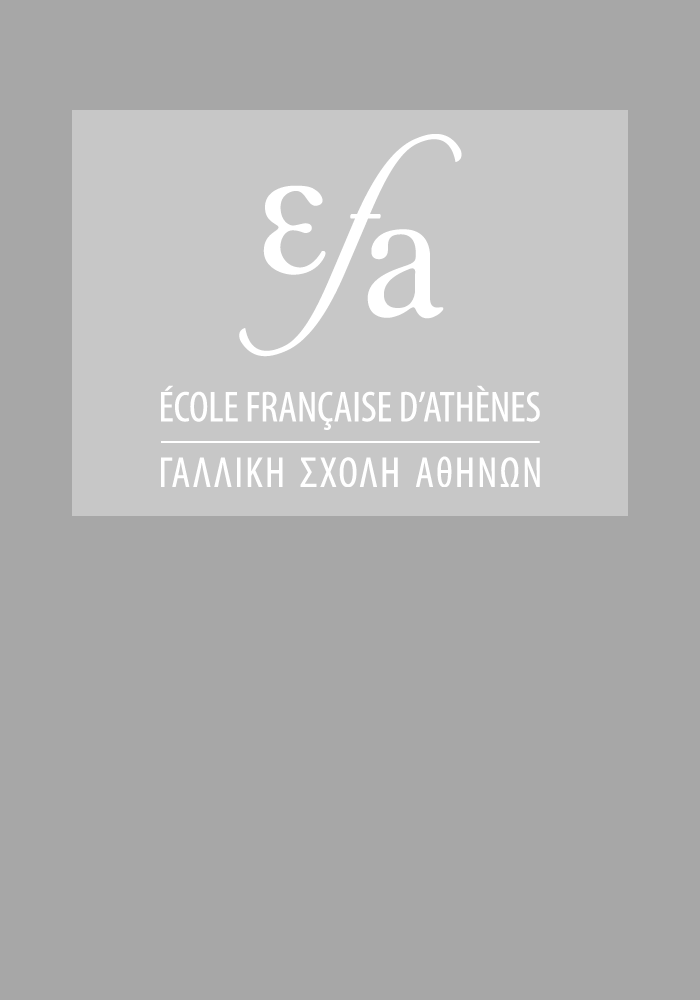Cet ouvrage rassemble la presque totalité des communications données lors de la quatrième rencontre Ex Oriente luxuria. Cette réunion était la troisième consacrée à un produit – ou à un matériau – « exotique », c’est-à-dire produit en dehors du monde méditerranéen antique, qui en était demandeur et consommateur. En prenant pour sujet l’ivoire d’éléphant, cette nouvelle édition de la série marquait le retour aux produits d’origine animale, en s’inscrivant évidemment dans la continuité des précédentes. En effet, elle partageait avec celles-ci, mutatis mutandis, les mêmes questionnements et les mêmes perspectives fondamentales. En premier lieu, c’est une enquête sur les connexions reliant les mondes extra-méditerranéens et l’Occident, prenant pour point de départ – comme pour la perle, l’écaille de tortue et le poivre – l’objet, à partir duquel sont déroulées les autres problématiques : culturelles, sociales, économiques, etc. En deuxième lieu, cette enquête s’appuyait sur la comparaison transpériodique, avec la conviction que les recherches de chacun en tireraient profit, car les différents aspects de la question n’ont pas été traités avec la même intensité suivant les périodes, compte tenu notamment de la disparité des sources documentaires disponibles. S’y ajoutait, concernant plus particulièrement l’Antiquité méditerranéenne, la conviction que cette approche permettrait de dégager des questionnements restés à l’état latent, de combler des lacunes documentaires et d’étayer des hypothèses étiologiques en attente de preuves. Enfin, comme veut le dire l’intitulé de cette série de rencontres, on continuait à explorer les notions de luxe et d’objet de luxe, qui doivent trouver la place qui leur convient dans l’histoire sociale et économique de l’Antiquité.
Pierre Schneider est professeur de l'Antiquité à l'université d'Artois. Ces recherches portent en particulier les transferts culturels, le regard et le point de vue des Méditerranéens sur les confins orientaux de monde habité antique.Jean Trinquier est maître de conférences au département des Sciences de l’Antiquité de l’ENS. Il est spécialiste de l’histoire culturelle des animaux, notamment sauvages, de leurs représentations et des relations entre les hommes et les animaux durant l’Antiquité romaine.
This book brings together almost all the papers given at the fourth meeting Ex Oriente luxuria. This was the third meeting devoted to an 'exotic' product - or material - i.e. one produced outside the ancient Mediterranean world, which was both a consumer and a demander. By taking elephant ivory as its subject, this new edition of the series marked a return to products of animal origin, in of course, it was a continuation of the previous ones. Indeed, it shared with them, mutatis mutandis, the same fundamental questions and perspectives. In the first place, it is an investigation on the connections between the extra-Mediterranean worlds and the West, taking as its starting point - as with the pearl, the tortoise shell and the pepper - the object, from which the other issues are developed: cultural, social, economic, etc. Secondly, this investigation was based on a trans-period comparison, with the conviction that everyone's research would benefit from it, since the different aspects of the question were not treated with the same intensity according to the periods, particularly given the disparity of the available documentary sources. In addition, with regard to Mediterranean antiquity in particular, there was the conviction that this approach would make it possible to identify questions that had remained latent, to fill in documentary gaps and to support etiological hypotheses that were awaiting proof. Finally, as the title of this series of meetings implies, we continued to explore the notions of luxury and luxury objects, which must find their proper place in the social and economic history of Antiquity.
Pierre Schneider is Professor of Antiquity at the University of Artois. His research focuses in particular on cultural transfers and the viewpoint of the Mediterranean on the eastern confines of the ancient inhabited world.
Jean Trinquier is 'maître de conférences' in the Department of Ancient Sciences at the ENS. He is a specialist in the cultural history of animals, especially wild animals, their representations and the relations between humans and animals during Roman antiquity.
 , Jean Trinquier
, Jean Trinquier  (Dir.)
(Dir.)
 , Jean Trinquier
, Jean Trinquier  (Dir.)
(Dir.)




